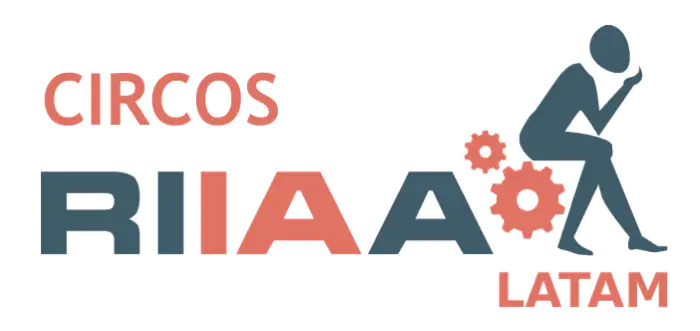RIIAA Community Circles (CIRCOS) Program

Community Circles (CIRCOS) Program
Roles:
- Co-founder
- Co-Chair
- Program Coordinator
Period:
2020-05-01 to Present
Description:
The Community Circles (CIRCOS) is an innitiative first launched in the context of the 3rd International Meeting of Artificial Intelligence and Its Applications (RIIAA 2020) – virtual edition. The CIRCOS initiative was first proposed by Benjamín Sánchez Lengeling and myself. Since 2021, Andrés Muños Medina is also part of the CIRCOS team.
CIRCOS are a collaborative space, celebrated annually within the RIIAA conference, where actors from different sectors (e.g., academia, industry, government, etc.) and disciplines (e.g., computer scientists, mathematicians, chemists, etc.) can exchange ideas, knowledge and perspectives in topics of common interest related to the field of artificial intelligence.
Such collaborative spaces take the form of parallel, interactive, informal, and self-organized sessions. Each session is referred to as a CIRCO. The topics discussed in the sessions may be directly or indirectly related to the topics discussed in RIIAA.
In CIRCOS, the community proposes the topics to be discussed in each emission of the program. It is a community program for the community!
Main Activities:
- Proposed and implemented the CIRCOS program as part of RIIAA 2020.
- Oversee general coordination and logistics of the program execution since 2020.
- Coordinate team of volunteers.
CIRCOS 2022 in numbers:
- 9 CIRCOS, 35 speakers.
- This is the first time CIRCOS sessions were held in the three RIIAA modalities. We had 5 CIRCOS remote in RIIAA Virtual, 2 CIRCOS in-person in RIIAA Mexico City, and 2 CIRCOS in-person in RIIAA Quito.
- CIRCOS 2022 program.
CIRCOS 2021 in numbers:
- 17 CIRCOS, 94 speakers.
- CIRCOS 2021 program.
- CIRCOS video playlist.
CIRCOS 2020 in numbers:
- 8 CIRCOS, 39 speakers.
- CIRCOS 2020 program.
- Video CIRCO: Centros de IA en México
